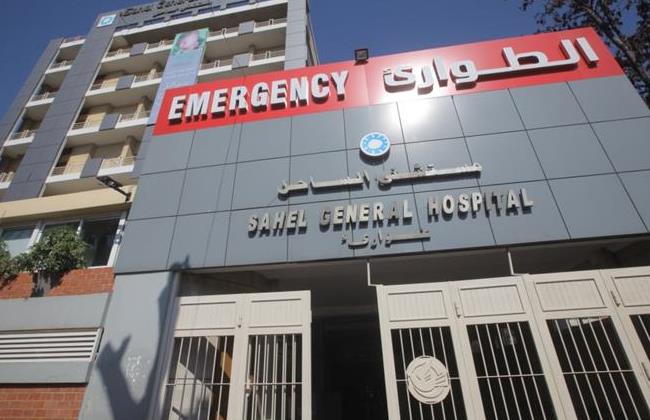
Of the 1.6 million Syrian refugees, 47 percent are workers competing with the Lebanese for jobs, Qazzi said in a telephone interview yesterday. He said Syrians who have long worked as laborers in Lebanon are now taking jobs that under the law only Lebanese should hold, such as engineers, medics and accountants. Companies hire them for less money and avoid paying social security and severance pay, Qazzi added.
Qazzi is the latest Lebanese official to voice concern over unregulated refugees that are straining economic resources and fragile infrastructure in the country of 4.5 million people.
Prime Minister Tammam Salam said last month Lebanon needs support with the refugee issue to “prevent the collapse of the economic structure.” Unemployment has exceeded 20 percent, partly because of cheaper Syrian labor, Economy Minister Alain Hakim said in a May 28 interview. Refugees are costing $100 million a month in electricity consumption, Qazzi said.
Unlike Turkey and Jordan, Lebanon hasn’t created formal camps for Syrian refugees on concerns they would heighten sectarian tensions already inflamed by the war between Syrian President Bashar al-Assad, whose Alawite sect is an offshoot of Shiite Islam, and mostly Sunni rebels. Shiites, Sunnis and Christians each make up roughly a third of the Lebanese population, and the country fought its own sectarian civil war from 1975 to 1990.
Syrian refugees set up 1,720 informal residential centers across the country, 400 of them in poor villages where there is daily friction between them and the local residents, said Qazzi.
“The influx of Syrians has become more of an immigration than a displacement,” Qazzi said, comparing it to Lebanese who seek jobs overseas.
Lebanon already houses 455,000 mostly Sunni Palestinians in 12 refugee camps, and the majority of Syrian refugees are Sunni.
Since battle lines are now more clearly demarcated in Syria, where a three-year civil war is raging, pro-regime refugees can go to government-held regions and the rest to areas controlled by the opposition, Qazzi said.
“Lebanon cannot put up with this situation for long,” he added.
Bloomberg


Leave a Reply
You must be logged in to post a comment.